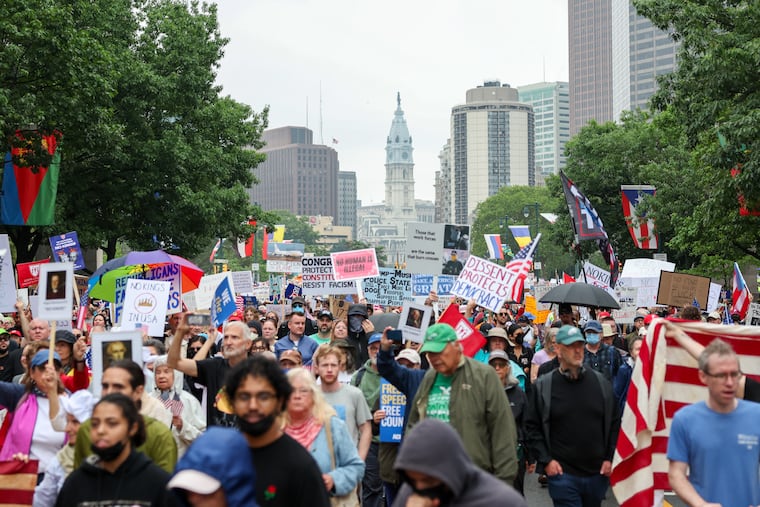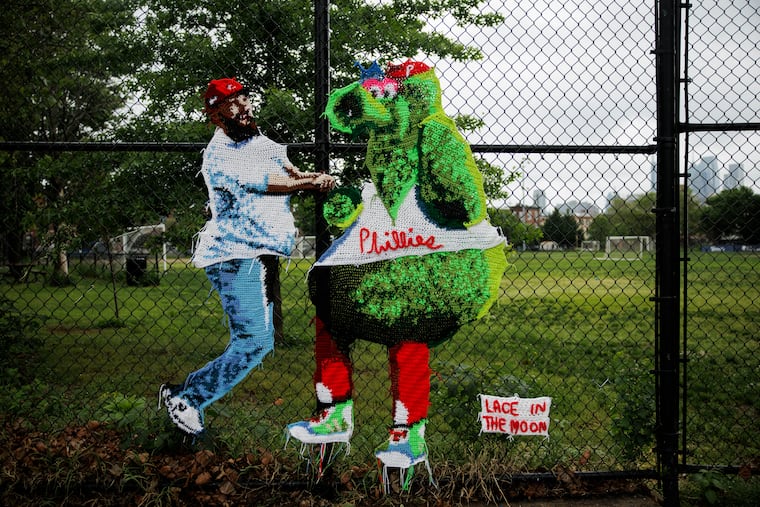Trenton’s Underfunding Leads to NJ Transit Strike as Railroad Struggles to Meet Financial Needs.
The ongoing NJ Transit strike has highlighted a persistent crisis within New Jersey’s transportation system, emphasizing the need for a strategic overhaul to secure reliable service for commuters. Recent developments reveal that the state’s political leadership has repeatedly failed to provide NJ Transit with a permanent, dedicated source of tax revenue. This oversight has resulted in chronic financial instability, severely impairing the transit authority’s ability to negotiate fair wage increases for its locomotive engineers. These engineers seek compensation that aligns with their counterparts at Long Island Rail Road, Metro-North, and Amtrak.
As a result of the strike, approximately 350,000 commuters are currently without rail service, exposing a significant gap in the region’s transportation infrastructure. The absence of NJ Transit services does not simply inconvenience riders; it creates a traffic backlog that the roadways are ill-equipped to handle if commuters were to turn to private vehicles. Alternatives such as Metro-North and Amtrak can accommodate some passengers, but these options are not viable for the majority. Additionally, bus services can only manage to transport a fraction of the displaced riders, while ferry solutions are limited in scope and reach.
The critical situation demands immediate resolution between NJ Transit management and labor representatives. Current negotiations are pivotal, and stakeholders are hopeful for a swift agreement that reignites train service in time for Monday’s commute. Historical labor disputes have often shown that resolution necessitates compromise from both sides. In this instance, both management and the Brotherhood of Locomotive Engineers and Trainmen recognize that a wage increase is necessary, as their members have not received raises since 2019. However, the precise amount of this increase remains contentious, with NJ Transit officials warning that excessive raises could lead to fare hikes and service cuts.
The financial decisions made by past state leaders have compounded the current predicament. Rider fares contribute to less than a third of NJ Transit’s operating expenses, with fare rates artificially suppressed over the years, prompting an unprecedented fare increase of 15% last year. The remaining revenue is primarily sourced from state subsidies, leading to uncertainty each year regarding funding levels from the legislature.
New Jersey’s current crisis offers a stark contrast to New York’s experience with the Metropolitan Transportation Authority (MTA), which has implemented congestion pricing to mitigate traffic and enhance transit funding. It is evident that New Jersey must learn from this experience, prioritizing a more sustainable funding model for mass transit. As constituents express increasing frustration, state leaders will be compelled to meet workers’ demands and simultaneously develop a comprehensive plan to secure and stabilize funding for NJ Transit. This will require a concerted effort from both commuters and taxpayers, alongside a call for bold and innovative leadership that seeks long-term solutions for the beleaguered transportation system.
Media News Source







